Hakkoda CEO On Snowflake’s New Leader, AI’s ‘Superpower’ And Cloud Data Strategy
Hakkoda CEO Erik Duffield discusses Snowflake selecting Sridhar Ramaswamy as its new CEO, as well as successful AI uses cases and what customers want from AI in the cloud data market.
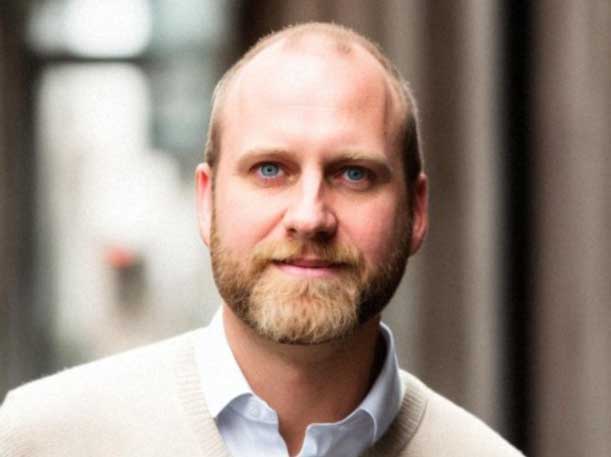
Cloud data and AI superstar Hakkoda is bullish on Snowflake’s strategy with new CEO Sridhar Ramaswamy at the helm, as Hakkoda doubles down on AI that is transforming its customers on a global basis.
“I think of AI like an Ironman suit,” Hakkoda’s CEO Erik Duffield tells CRN. “That’s really the whole copilot concept: humans doing human jobs, but doing them far more effectively and efficiently, and doing things that weren’t possible through the use of AI.”
For example, his New York City-based system integrator and consultancy company is helping healthcare clients better manage severe cancer cases.
“They’re using AI to ingest all of the genetic research and the cancer research, to basically create case plans to best serve individual people that are in real trouble and how to navigate them,” Duffield said. “So their physicians and PhD’s are now able to have a superpower because AI is reading all the documents, making sense of it and delivering to them away where they can easily consume that.”
[Related: 6 AWS Execs Who Left In 2024 For Microsoft, Google, Cisco And Others]
Snowflake Partnership And New CEO
Hakkoda is one of Snowflake’s most innovative data and AI partners. The firm won Snowflake’s 2023 Americas Innovation Partner of the Year and has over 100 Snowflake-certified data architects, engineers, and data scientists across the globe.
Duffield is bullish about his decision to make Snowflake his company’s foundational partner as Hakkoda focuses on Fortune 1000 customers with complex environments such as the public sector and financial services markets.
“Here’s the biggest difference: Snowflake makes complex things simple, where their competitors like to admire complexity,” Duffield said.
Last week, Snowflake unveiled that CEO Frank Slootman was being replaced by its AI leader Sridhar Ramaswamy.
In an interview with CRN, Duffield gives his thoughts on Snowflake’s new CEO, explains Hakkoda’s market differentiation in the global systems integrator landscape, as well as his vision for the future of artificial intelligence.
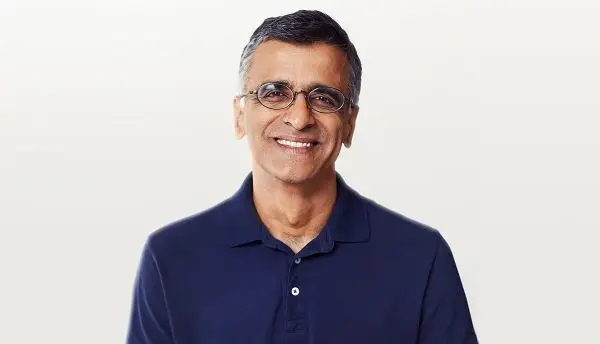
What are your thoughts on Snowflake selecting Sridhar Ramaswamy as its new CEO?
I loved the news, quite honestly. He came in through the Neeva acquisition. So it was not just, ‘Whose turn is it next?’ It was, ‘Who’s the right person for the job.’
He’s leading their AI right now. He spent a lot of time at Google in building up a very successful ads and commerce business for them. He then founded Neeva who was pretty innovative and deep in the AI space, so Snowflake snatched them up.
I hear it from the sales organization who loves having Sridhar out in the field talking to clients about what’s going on in the products and AI. He’s been very successful in his tenure.
When I saw Frank is moving to just chairman and Sridhar is taking over as CEO, we were very excited on what that means for the continued growth and evolution of Snowflake.

You said Hakkoda is seeing great customer wins around AI. What’s one top AI use case Hakkoda has in production right now?
One of our healthcare clients manages severe cancer cases. They’re using AI to ingest all of the genetic research and the cancer research, to basically create case plans to best serve individual people that are in real trouble and how to navigate them.
So their physicians and PhD’s are now able to have a superpower because AI is reading all the documents making sense of it and delivering to them away where they can easily consume that.
They provide case management, care management, coordination of care across all physicians. They’re applying therapies that are specific to your genes—which requires understanding the latest in a vast amount of research data in order to make those recommendations.
So AI tools enable them to ingest, and understand the context of all that research and all that data to make better care decisions and guide care. This is an incredible case study and use of AI.
Think of AI in the beginning is: understanding and putting in context of volumes of datasets that weren’t possible, that the human brain could not possibly do. Then humans take it from there.
I think of it like an Ironman suit. That’s really the copilot concept: humans doing human jobs, but doing them far more effectively and efficiently, and doing things that weren’t possible through the use of AI.
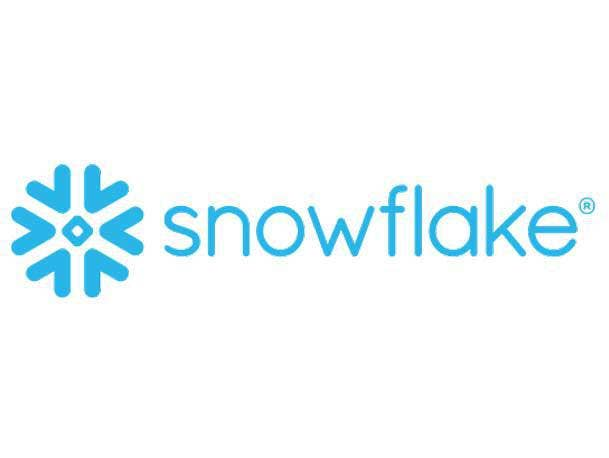
Are you bullish about Snowflake in 2024?
In 2019, when [CEO] Frank [Slootman] came, he changed the vernacular from a cloud data warehouse to a data cloud. And what you see now is that evolution.
That means it’s not just a data warehouse, but has the ability to handle transactions. On the recent earnings call, I loved how many times Ramaswamy mentioned Unistore or Hybrid Tables, because transaction capabilities on an analytic data platform is incredible.
It doubles the market size that Snowflake can address. And then you put native applications on top of that, and you’ve just tripled the market size. So we like to partner with people with a big vision that want to drive outcomes to customers. But there was one other special sauce that we had to have before we all quit our jobs and bet it all on blue (Snowflake).
Here’s the biggest difference: Snowflake makes complex things simple, where their competitors like to admire complexity.
Complexity works for a subset of the market where you got a lot of software engineers that want to turn all the knobs—so call it about 25 percent of the market, they just want to play with it, they got to touch all the knobs.
But if you’re a CIO or a CTO of a big health company, or chief data officer at a big financial services company—you’re dealing with scale. If I can make you doing AI more simple—you don’t want white papers on all the cool stuff that it can do and admire all that complexity—you want to know that your team can execute and drive outcomes. That was a big choice for us is we’re aligned philosophically: let’s make complex things simple and focus on our customer outcomes.
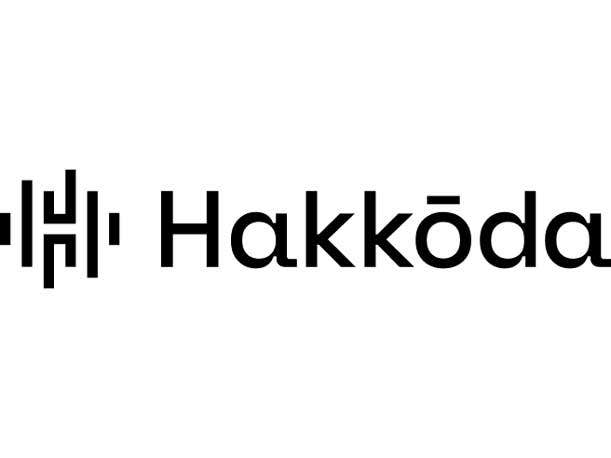
What is Hakkoda’s special sauce in the global system integrator (GSI) market? How do you stand out from your competitors?
Our special sauce is how we see the market. We focus on Fortune 1000 companies, generally who are $2 billion in revenue or higher. So large, complex customers and very regulated industries which have some of the richest datasets out there. So we take on big challenges, but we do so in a way that allows us to be very deep.
What differentiates us is we think customers want the capability and scale of a global systems integrator, but they want the focus and agility of a boutique.
We’re a very scaled organization. We have deep industry depth. Our teams are very deep who come from industry—former chief data officers, CTOs, clinical researchers, emergency room nurses— so they come from financial services and healthcare, but on the data side and really understand how to modernize and drive outcomes for the clients in those industries.
Our scale comes from our global delivery model. Yes, all the big GSIs have talent all over the world and so do we, but we only focus on data. So we don’t do your ERP, your CRM, your advertising—we focus on full data value chain from ingestion and governance and security to AI and applications. We do that all over the world.
We have that scale that you need to tackle big problems at Fortune 1000 organizations. But our goal isn’t to become another GSI.
We think the markets ready for something new, right? It’s time to do new things in new ways. So we’re only focused on data in the value chain. Because we think that’s important enough where we can scale a very meaningful size business, focusing on the impact of data for organizations and how it’s going to change their business and create a better world.
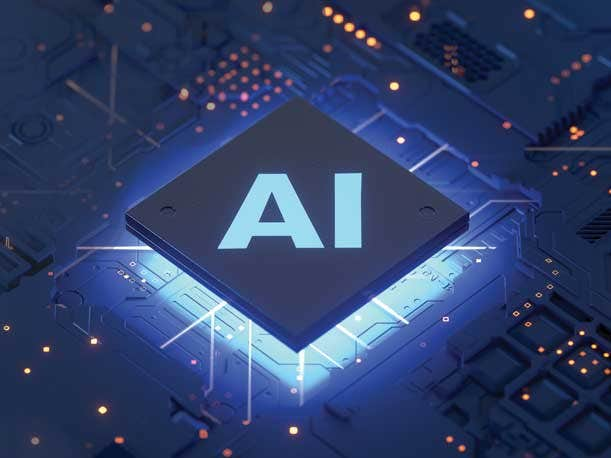
How does your economic outlook look for 2024 and what do you like about the new AI era?
What I love about AI—and I’ve been in this business 30 years, so I’ve been through IoT and blockchain—is we are very busy right now doing real AI work. It’s not just proof of concepts and not just having interesting conversations.
For our big financial services and healthcare customers, we’re doing real production AI work which is really fun.
AI has really put a time pressure and a competitive pressure on customers, our joint end customers, to get their data house in order. Because the next big thing is coming and it’s going to involve AI. And if they don’t leverage their data and they don’t have the speed and agility with their data, they won’t be on the front edge of that taking advantage of what AI has to offer.
As for 2024, we’re super optimistic as it looks to be an incredible year across the market.
Obviously there’s market forces, economies, politics, all that is always out there. But if you look at companies and the conversations that we’re having—the pace of innovation and the investment behind that innovation will bring really great things. We expected companies to be really innovative and really change how they do business. We think that this transition is right in line with what we do. It’s exciting.
It’s great to see a legend like Frank [Slootman] go out on top, but stay in that chairman role. If he’s anywhere in the sphere, he’s got influence. So this will be a great year for Snowflake which means a great year for us.